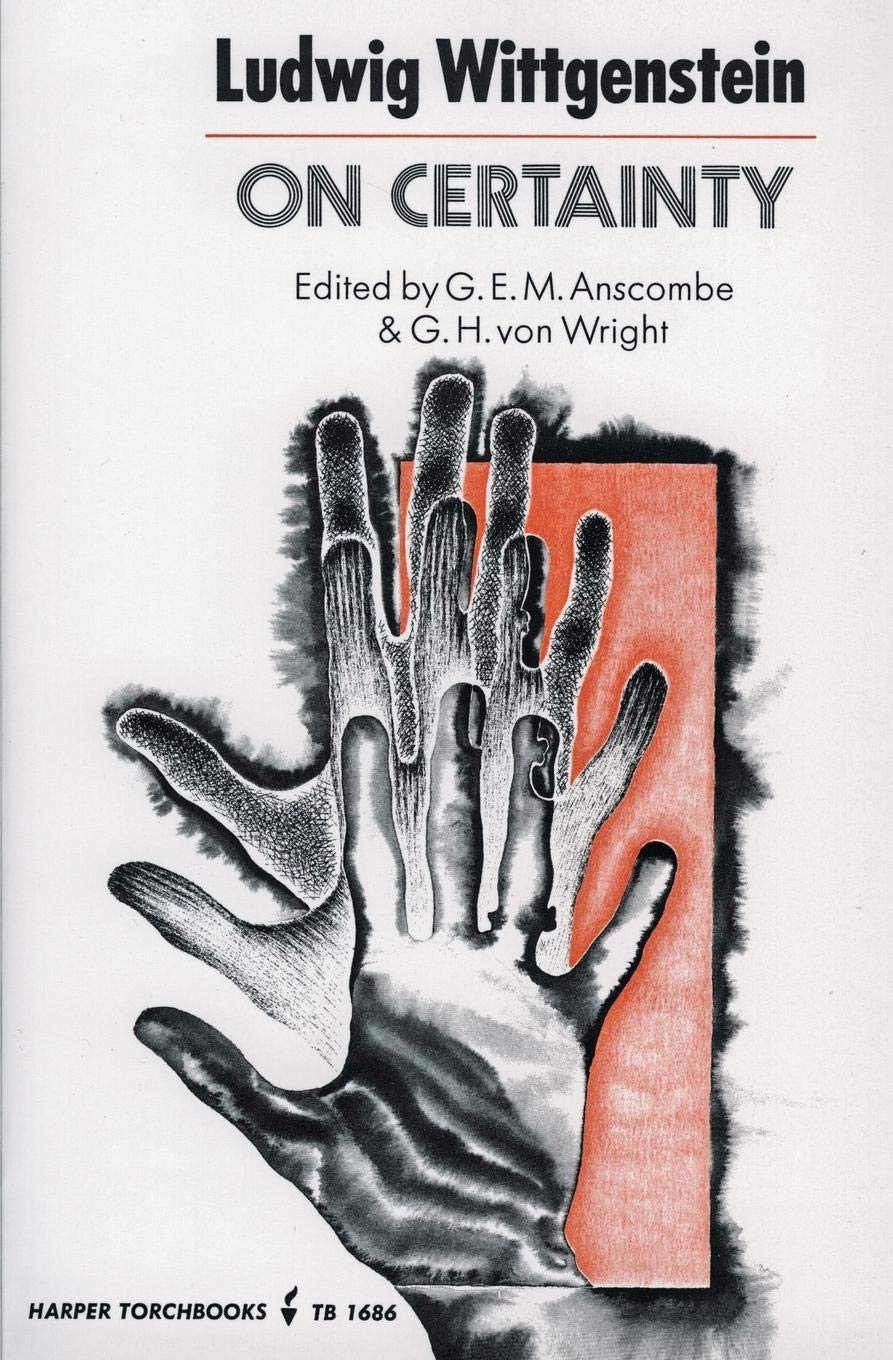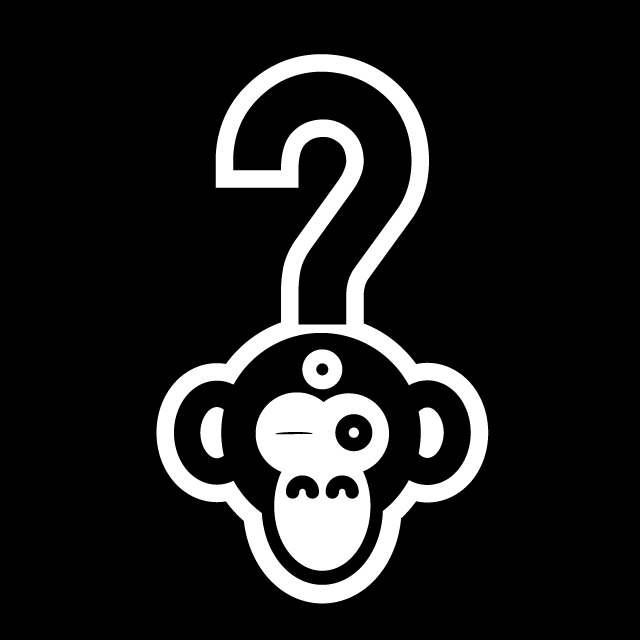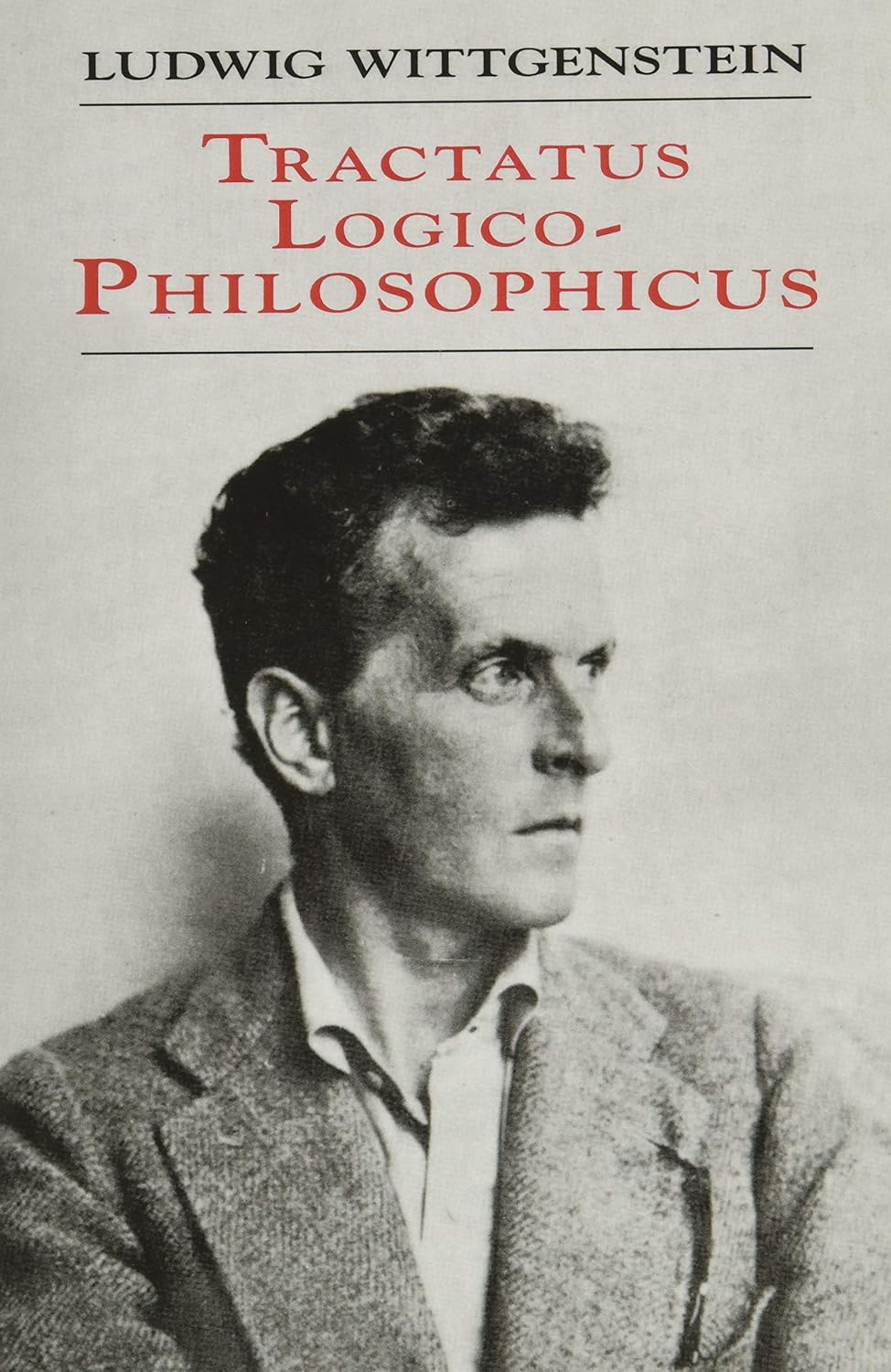
Wittgenstein: "On Certainty"
This blog covers the most important point from "On Certainty" by Ludwig Wittgenstein.
The most important point from on certainty by Ludwig Wittgenstein was actionable certitude. Throughout the book, Wittgenstein challenges old philosophy by giving a foundation of knowledge that is Non-propositional. He does this through, multiple ideas with them being, language games, hinge proportions, and actionable certitude. Wittgenstein gives actionable certitude as the foundation for us to support further truths and knowledge. This is because actionable certitude is born out with our unreflective, habitual, and instinctive, actions. For example, getting out of bed feet first, or, another example, is moving out of the way if a ball was thrown towards you very fast. The main reason this is profound is it leaves the skeptic without a chance to logically question these foundational certitudes. We no longer have to prove the obvious that the external world exist and or, if I have two hands typing this paper. These are hinge-propositions if they are spoken as a knowledge claim. for all intents and purposes they are true and exempt from doubt.
The reason actionable certitude is the most important is, because, it solves the issues many philosophers have been bogged down by, and gives us a place for knowledge to continue growing. Wittgenstein offers the metaphor, of a rivers bedrock, as actionable certitude that serves as, the foundation for the changing of knowledge and of language games that are held up by the foundation of actionable certitude. Overall the book is pretty cryptic, but it has had a profound influence on epistemology, the philosophy of language, and the nature of belief and knowledge. It challenges us to rethink our ideas about certainty and foundations of knowledge in a more pragmatic and language-based way. Wittgenstein also gave us a way to kick the skeptic away for a second. Which allows for a pragmatic view of knowledge and certainty. Where there is a clear divide between things we can question (knowledge) and things we should accept (Certainty) based on Non-propositional actionable certitude.






.jpg)




